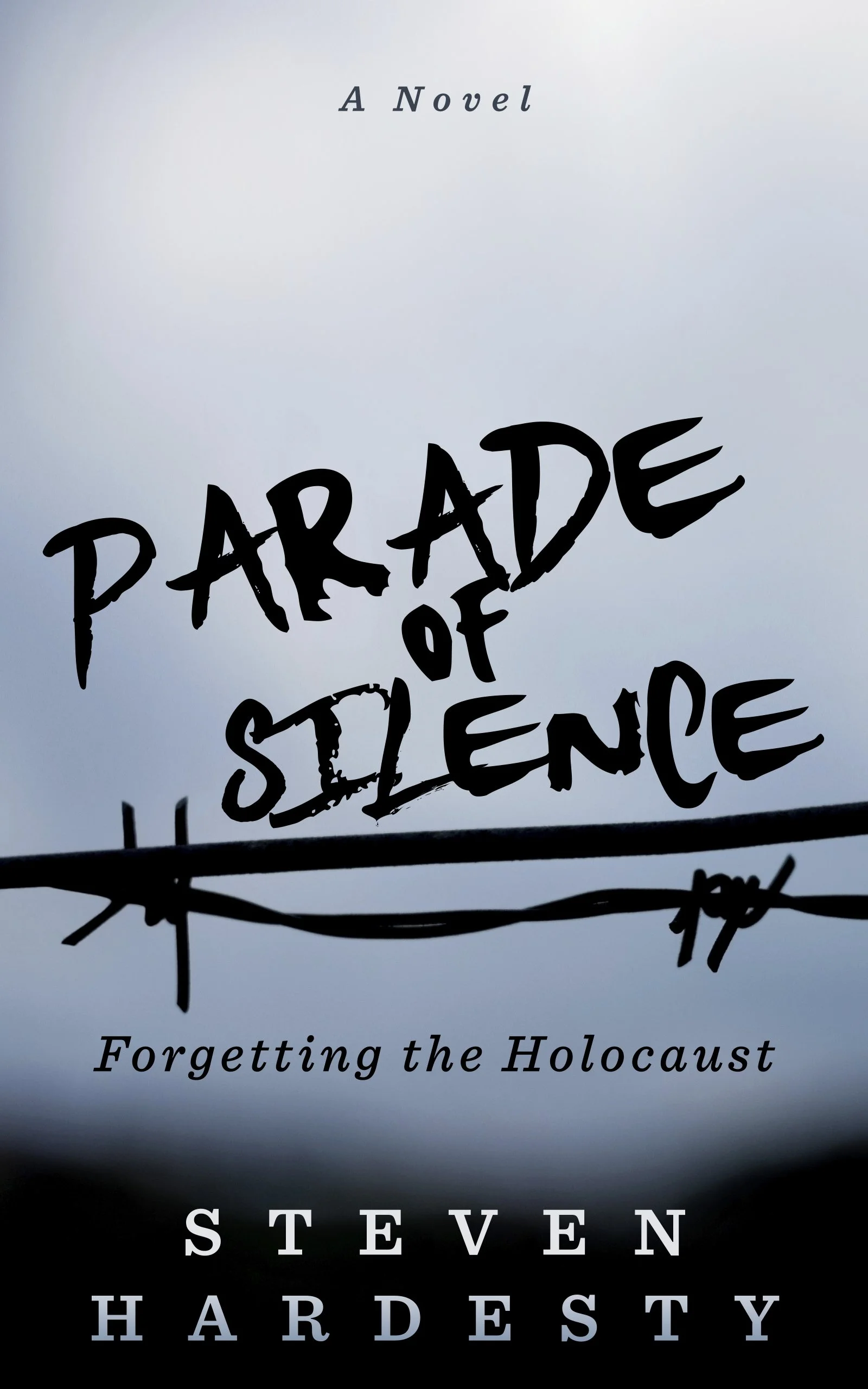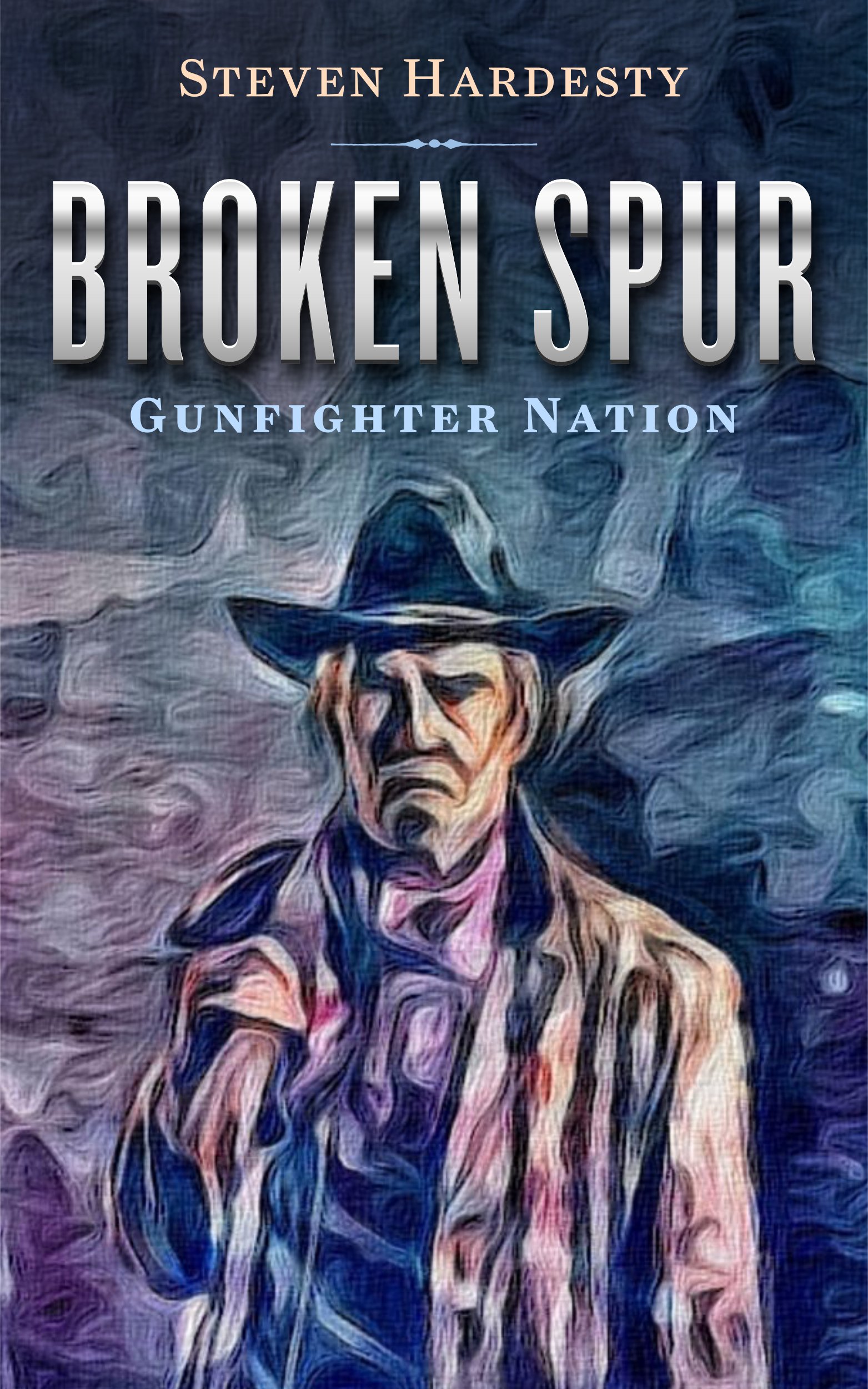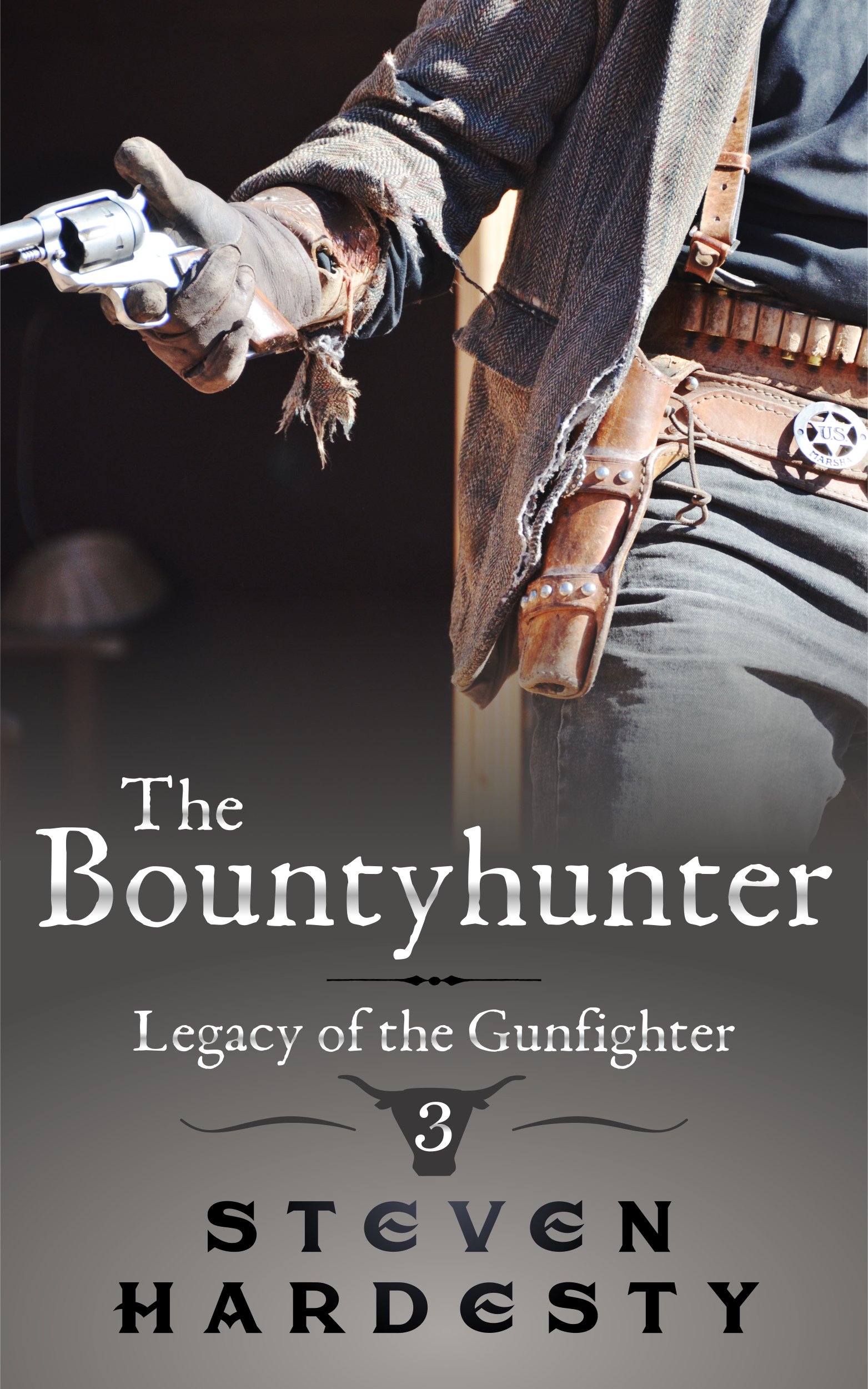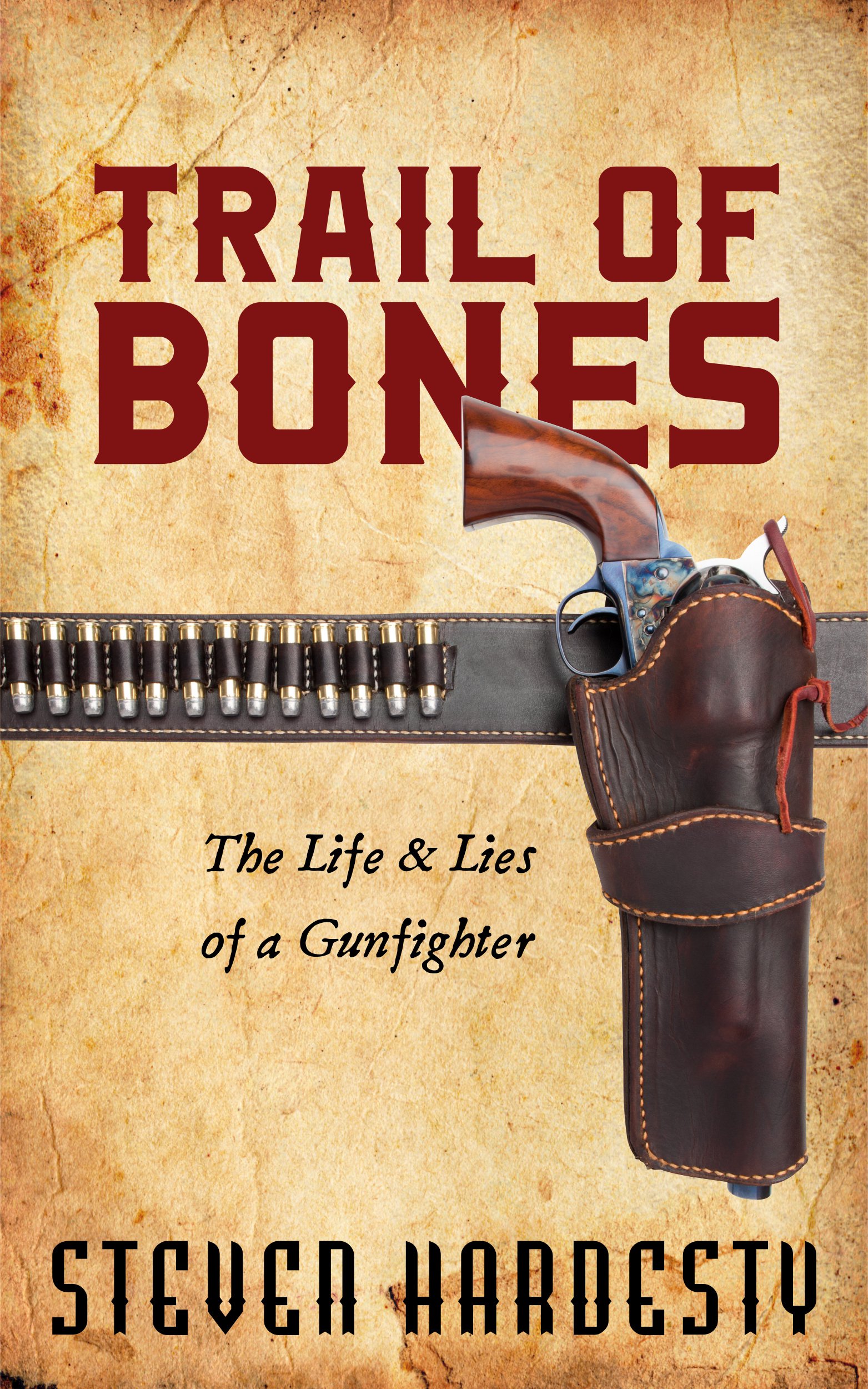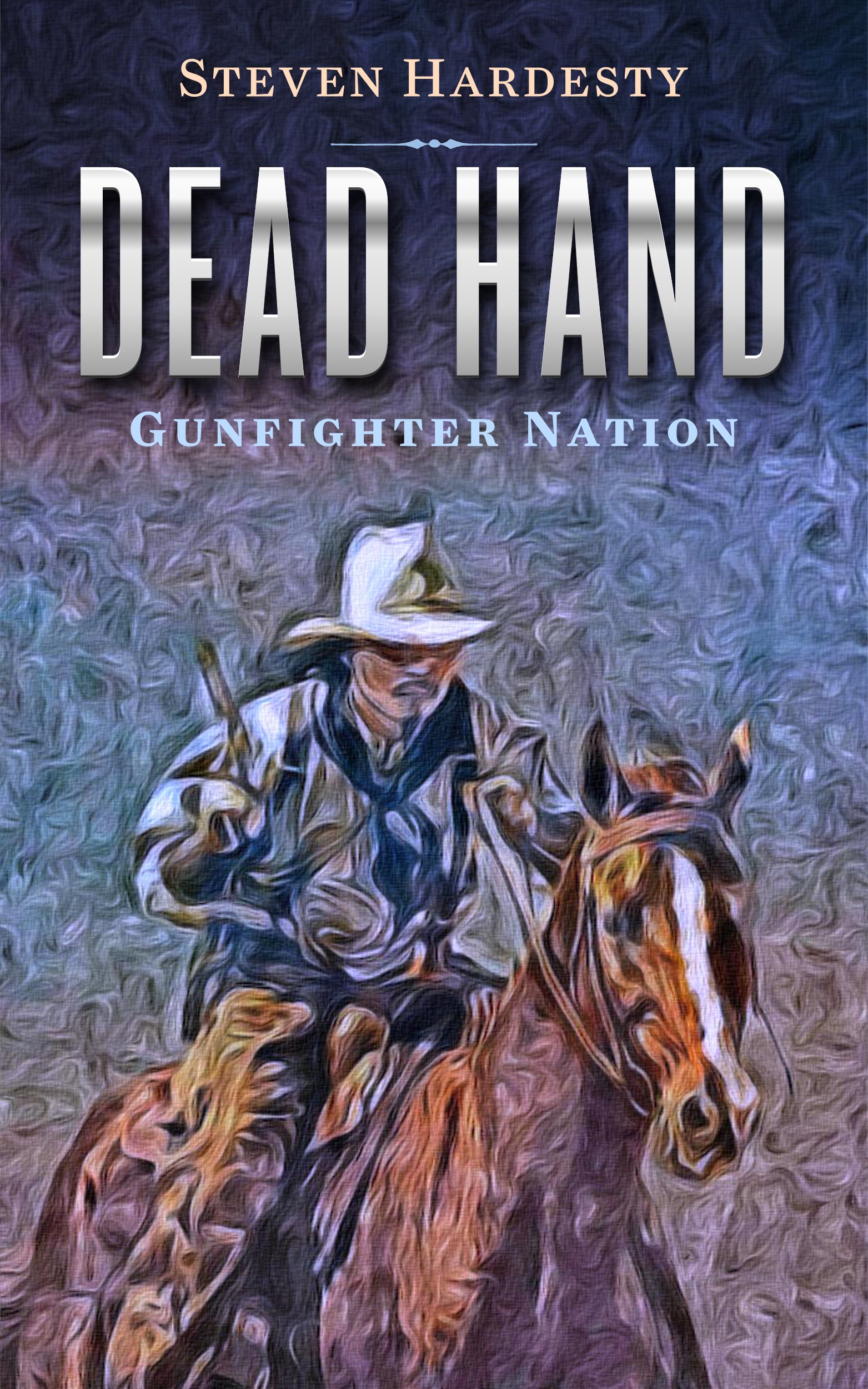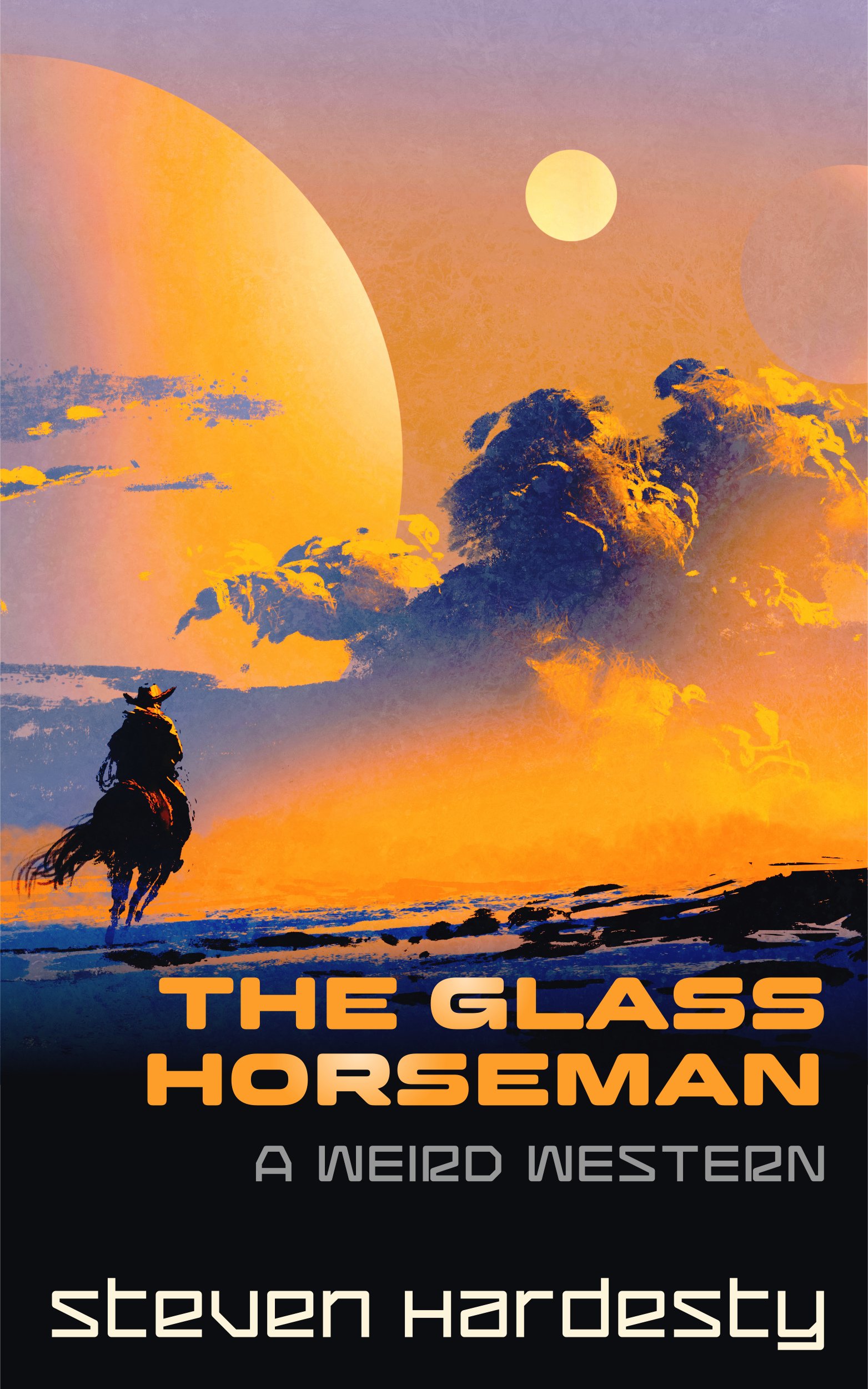Veterans Day for Just One American Hero
I love marching bands and parades but I don’t go all soppy on Veterans Day remembering our fallen and wounded heroes in uniform. That is because November 11 is the day I reserve for a joyous thanksgiving for what those men and women gave us – our country, safe and whole. That makes it a second Fourth of July celebration for me. And the one day of the year I don’t think about one particular hero.
I can’t say why what happened to him affects me so much so many years after our war, but I think about him nearly every day. He has 364 Veterans Days with me. When a whiff of diesel from a passing truck gives me an unexpected flashback to the crank and roar of tanks. When the air on a hot, dusty day sets my teeth on edge like chewing tinfoil and I’m standing there again, beside the guns firing a mission, tasting cordite. Then I remember him. We were buddies in war. We went though officer candidate school together. Ended up artillerymen in the same piece of Vietnam. Faced the same hardships, the same risks, the same sniper fire, the same incoming rockets, the same humping the boonies with the grunts calling fire to keep us all alive and to try to win our war.
When I finished my year’s tour in the war zone, I went home, very happy to go home safe and whole. He stayed on. He had extended his tour of duty. But it wasn’t quite the same home I had left. There were no parades for me and no cheers. Girls wouldn’t go out with me – and that was very painful when I was young – because they believed me to be one of those doped-up, village-burning, orphan-making wild men they had heard about from some twisted characters on the grapevine. That was not a description of me or any other soldier I knew in the war. It was not a description of this one hero.
There was no good ending to that war. Too bad. I don’t care to argue politics here. I want to tell you about a letter. It was around Christmastime the year I got back Stateside. Here, the letter said, written by an adjutant in my old battalion, is some unhappy news. He was killed last week and we knew you would want to know.
He was killed on an artillery firebase. In the middle of a hot and dusty day. Mortar rounds were coming in and he was down deep behind sandbags, trying to stay alive. A mortar round struck a gun pit and guys were flung across the hardpan and were lying twisted and screaming for help. He was 23 and their captain and he ran out to help them.
I came home and he did not. I have a wife and child and made a satisfying career and he was denied all those things. Why did he do that, with the shells coming down and his chances very slim of getting across open ground to the wounded? You know the answer as well as I. He did it for his buddies. To save a life, if he could, by risking his own. Because there is something in the spirit of an American soldier, committed to the defense of his country and family, that he must protect his buddies who are his country and who are his family. What nobler thing can be said about anyone?
That is why on Veterans Day I cheer the parades and wave the flag and think not about the fallen and those war-wounded in body or mind but about what they did in 1776, and 1865, 1918, 1945 and 1969, to create this country and keep it safe. Veterans Day is my special day for cheering so many. Because on the other 364 days, I think about one special hero, and what he sacrificed for us.
(I repost this article every year for Veterans Day. Because I must.)
(c) 2011-25 Steven Hardesty
Image: “Tank from ‘Bravo’ Company, Tanks in support of Third Battalion Seventh Marines, 1st Marine Division, Vietnam 1968” U.S. Department of Defense photo.

